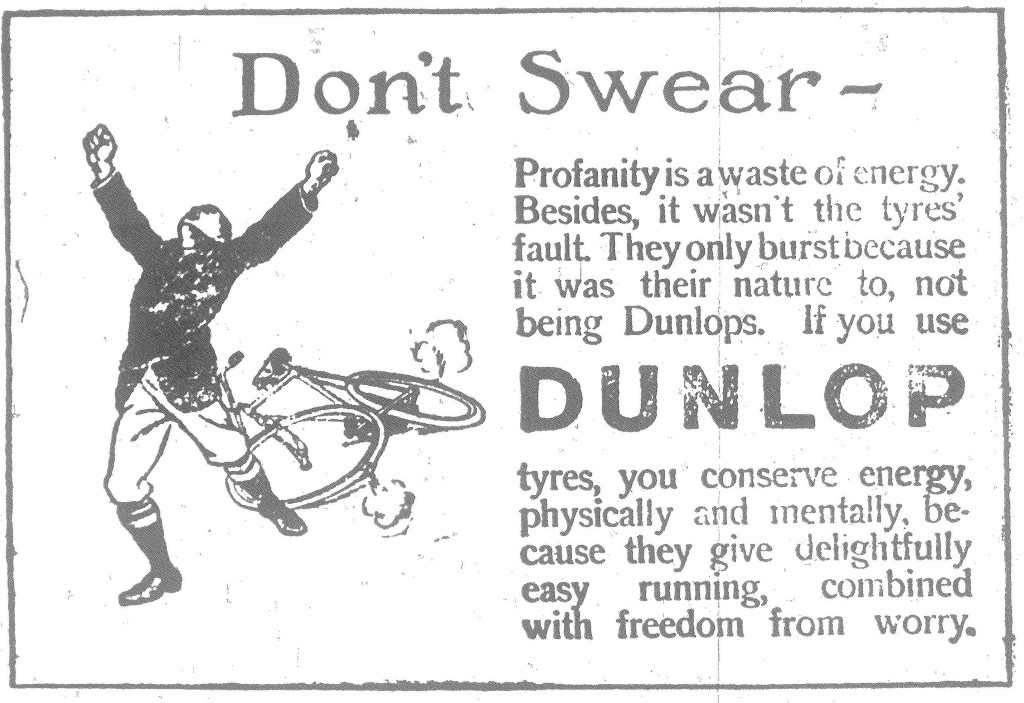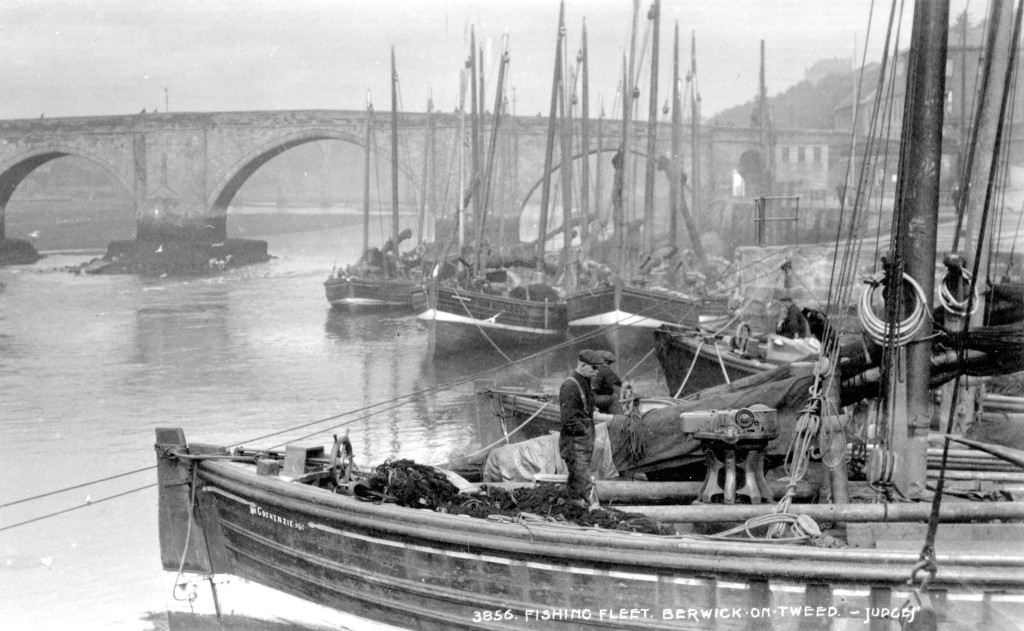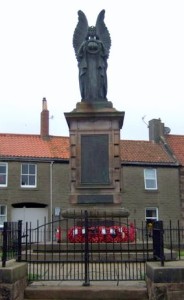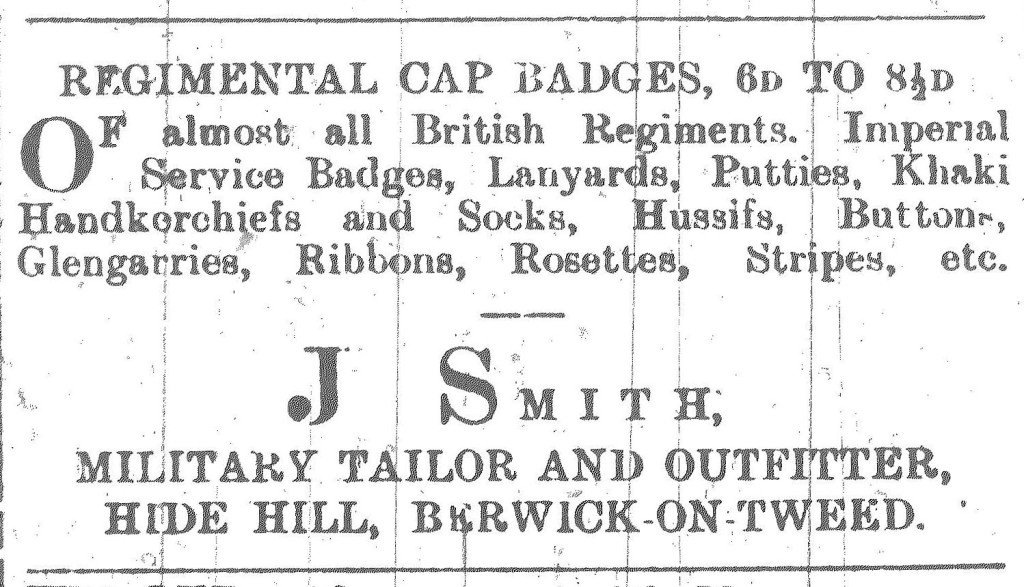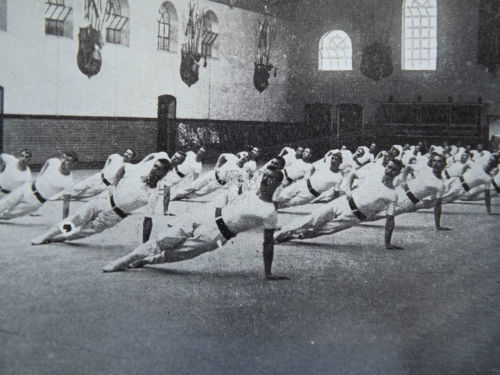BERWICK ADVERTISER, 13 AUGUST 1915
DEAD HERO’S LETTER
Life in the Trenches.
The following is a copy of a letter by Lance-Corporal J. Frater, 4th K.O.S.B., Ayton, who was killed at the Dardanelles on 12th July. It was written on the 28th June:-
Dear Father, – We have just got back to the rest camp after being five days in the firing line. Everything in the firing line is different from what I expected it to be. In the first place I always thought the trenches would be at least eighty yards apart, and that half of that distance would be covered with wire entanglement, but the trench that we were in was originally a Turkish fire trench, and when they retired they just moved into the communication trench, therefore their trench actually ran into ours. The end was blocked up with sandbags, but still they creep up and throw in hand grenades. Of course, our boys can deal with them the same way. Well, to give you an idea of life in the trenches, I will give you an ordinary day in the first line. Whenever it gets dark every man stands to and fixes his bayonet, and after a while if nothing brisk is going on every second man can rest (nobody is allowed to rest), but, of course, they take turn about, one hour on and one off. If anything is noticed they send up a star shell. It lights up the whole place, but it shows your position to the enemy just the same as you see their’s, (sic) so everybody has to keep out of sight.
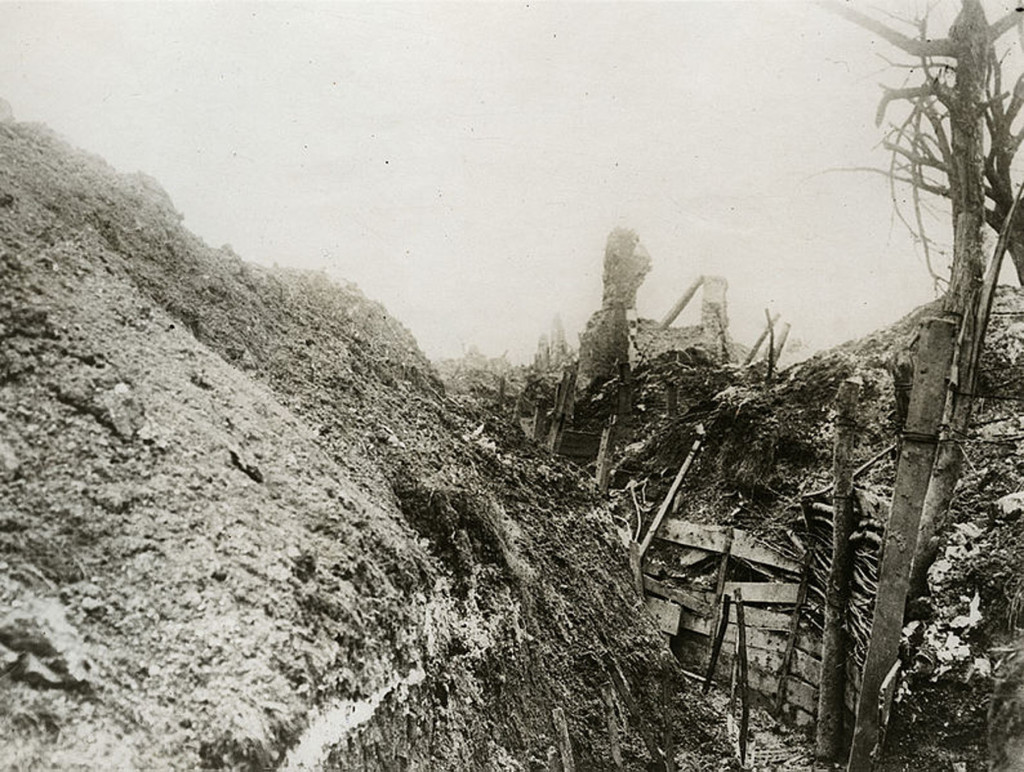
Of course, some of the sentries can have a shot if there is anything to be seen. Well, just after dawn everybody has to be on the look out, and after it is daylight bayonets are unfixed and one man in six is on sentry. The rest can sleep, but there is food, water and ammunition to be brought in, and as you have all your cooking to do, you don’t get much rest. Of course, that is on a quiet day. You might have to be firing both day and night. The second night we were in our tanks advanced a little, and thinking we were going to do the same the Turks kept up a rapid fire the whole night. We went into the trenches as if it was an everyday occurrence. Nobody was excited when we were fired on for the first time. You would have thought that everybody wanted to fire, but still I never saw anybody fire unless he had something to fire at. The enemy’s snipers were a bit troublesome at times, and got some of our chaps, but a good many snipers were sent to the happy hunting grounds. The casualties in our Platoon, No. 3, Bob Wilson of Coldingham was wounded, and Lance-Corporal Ford (Sergt. Ford’s brother was killed. John Mack was wounded by a shell the second day we were here. All the Ayton chaps are all right so far. I will have to close now. When replying, enclose a sheet of writing paper and an envelope, and please write soon.
I remain,
Your loving son,
J. FRATER.
LOCAL NEWS
Saved by Motor Boat – On Monday evening a small boy, four years old, named Warnach, and residing in Palace Street, Berwick, while playing near the edge of the Quay fell into the Tweed.
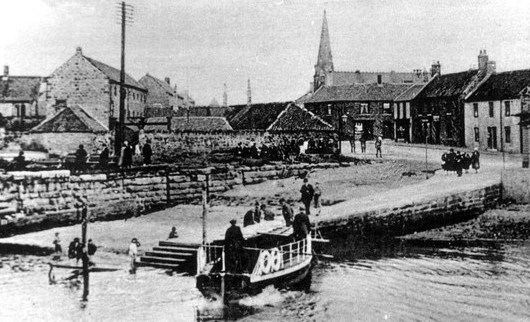
After being in the water for some time he was observed by Mr Phillip Spowart, owner of the Berwick and Spittal motor boat ferry service who, with one of his boats, immediately went to the boy’s assistance and pulled him out of the river in an exhausted condition. After receiving treatment the boy proceeded to his home little the worse for his immersion.
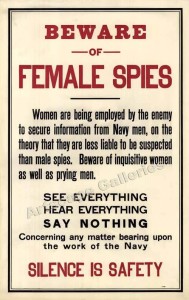
Suspicion as to Lady Spy –
On Wednesday an English lady, presently on holiday at Wooler, aroused the suspicions of the authorities by taking sketches of the old bridge from the Tweedmouth side of the river. It is understood that at the same time she stupidly indulged in making some enquiries as to the military dispositions of the troops and this had the effect of strengthening the suspicions of the police. On being taken to the police station the lady was able to give a satisfactory explanation of her movements, as well as regarding her personality, and she was not detained for any lengthened period. The incident however, should not be without its warning to others to be careful, and not attempt to take drawings in prohibited areas, especially in the vicinity of harbours close to the east coast.
FOULDEN
The inhabitants of Foulden were very pleased to have a visit of two Belgian soldiers straight from the front, a few days ago, one of them having spent some time in Foulden House hospital, and this being the other’s first trip to bonnie Scotland. He has had nine months in the trenches without receiving a scratch. The other one, since leaving Foulden, had got a bayonet wound in the wrist but is now quite better. They are both in perfect health, and in no way cast down. It is very gratifying to think any little kindness shown them while in hospital has been fully appreciated in their hurried trip to see old friends again. They got a most hearty welcome, and what with motor trips and cycle runs, tea and dinner parties, they more than enjoyed it, and will carry back with them sweet memories of their recent visit. They came on the 27th July and left on the 31st, with the promise of coming back again at some future date.


